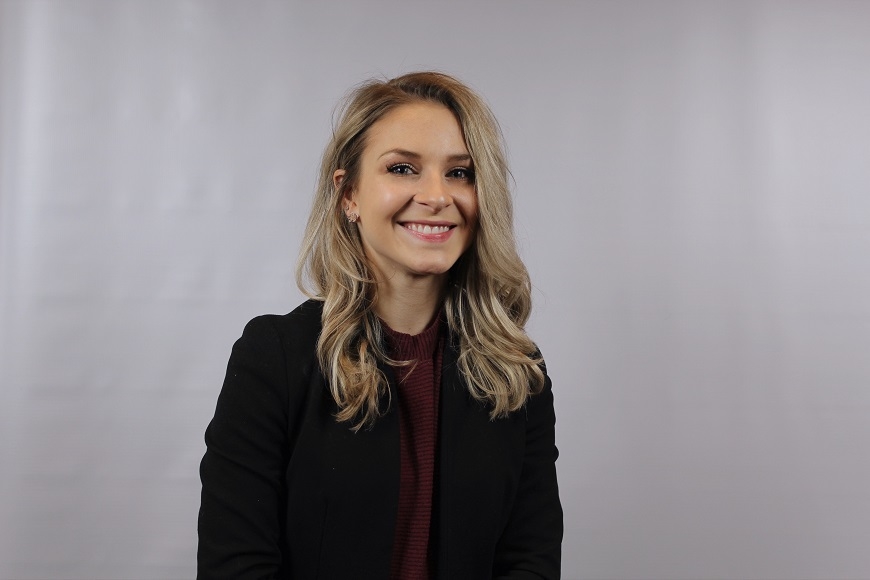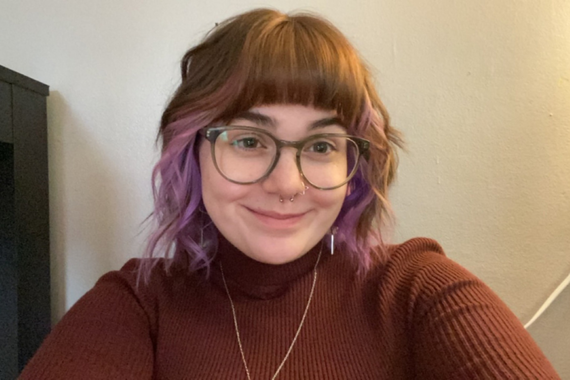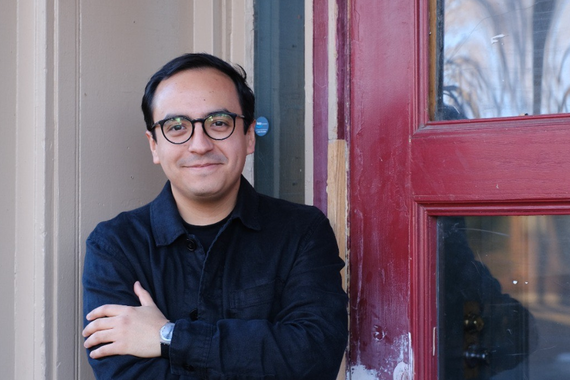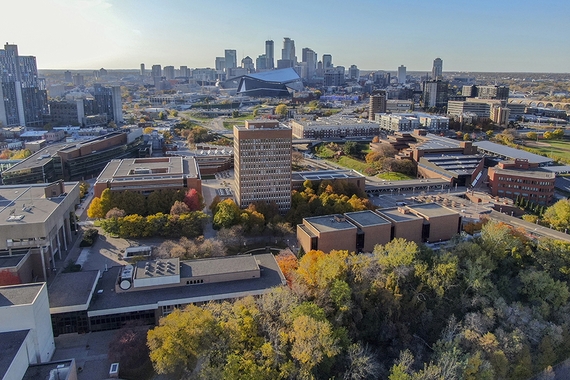Remarkable Feats in Remarkable Times
From the University of Minnesota Twin Cities campus, a quick, 30-minute drive south on I-35W will take you to Elise Eckert’s hometown of Lakeville, Minnesota. Having started her post-secondary education during high school, Elise came to the University of Minnesota knowing what she wanted: a career in law.
It was her introductory course to political science with Professor Andrew Karch in spring 2018 that solidified her choice to major in the subject. Fast forward to two years later to find Elise Eckert reflecting on her experience of finishing her honors thesis during the spring 2020 semester.
No Easy Feat
Writing a summa cum laude honors senior thesis is certainly no easy feat on its own, and for Eckert, the added struggle of a global pandemic bore an extra challenge. Beginning her thesis in the spring semester of 2019, she recalls that her thesis introduction class helped her jump into the writing process. After taking a summer to solidify her thesis advisors and her research topic, Eckert dove into her research during the fall of her senior year.
“That was intense. I was spending hours and hours a day just compiling research—the spreadsheet I have is insane,” she reflects. Eckert notes the incredible help that her thesis panelist, Professor Timothy R. Johnson, provided as Eckert gathered her data on the Supreme Court.
On top of working on her thesis, titled “Polarization on the United States Supreme Court: How Ideology Affects Precedents Justices Cite,” Eckert had the typical responsibilities of a student. She comments, “You keep forgetting you have classes. I would spend six hours a day with my research, finish seven pages of my thesis, and then think, ‘Oh my gosh! I have a paper due tomorrow!’”
COVID-19 and the Final Stretch
Eckert recalls the unique advantage she felt that the spring switch to online classes gave her—being able to attend online lectures on her own schedule. Her final semester working on her thesis was predominantly filled with writing—lots and lots of writing. For Eckert, it was helpful to be able to adjust her school schedule to the demands of her thesis. She could attend her asynchronous Zoom lectures when it worked for her, not just when the class was scheduled. She notes her appreciation that her major in political science wasn’t incredibly technical, and her classes could be easily transferred to an online setting.
However, the challenge was not being able to have in-person meetings to discuss her thesis. Prior to COVID-19, Eckert had these meetings frequently as a way to answer any and all questions she had during her writing process. During COVID-19, she had to switch to email correspondence, sometimes becoming a long disorganized email chain to get her answers. She was grateful, however, for the responsiveness of her panelists to her email questions.
Her biggest disappointment from the effects of COVID-19 was not being able to present her thesis after it was finished. After working on it for a year and a half, Eckert felt that not being able to present it took away her sense of closure at the end. She expresses regret about never experiencing what she describes as “sitting down in front of my thesis advisor, sitting in front of an honors board, and saying, ‘This is what I found.’” She adds, “Instead, I literally just submitted it like any other final paper.”
Out of The Frying Pan, Into the Legal World
After graduation, Eckert started working full-time with a law firm in downtown Minneapolis. She works with three attorneys as a legal assistant and is currently exploring different fields of law in order to figure out what she’s interested in.
Eckert will be taking the LSAT this October 2020 and is eager to get started on her graduate studies journey. Working virtually post-graduation has made her anxious to get the ball rolling further into her career. “I just want to get into it…I don’t miss school necessarily, but I just want to get to the next stage of my life as fast as possible,” she states.
Hopeful that COVID-19 will be managed by next fall, Eckert is keeping in mind how this pandemic will affect her application process. She feels that the applicant pool during a pandemic will be highly competitive, based on the particularly determined candidates whom she expects will be applying during a time like this.
The Light at The End of The Tunnel
While sympathetic for the students who are still navigating remote learning, Eckert spoke to the silver lining she hopes others will take advantage of: flexibility. She believes that now is a great time to get involved in research, join a campaign effort, or get started on a thesis topic, since the virtual world allows us to customize and adapt our schedules.
For those struggling, she offers a hopeful anecdote from her senior year: “There were a lot of times where I thought, ‘I have no idea how I’m going to complete this.’” To Eckert, the thought of a completed thesis seemed distant at times, almost as if it would take years to complete. However, it was the light at the end of the tunnel—graduation and a completed thesis—that got her through, and she hopes that other students will see it too. She expresses the encouragement, “It just comes together at the end...it really does.”



